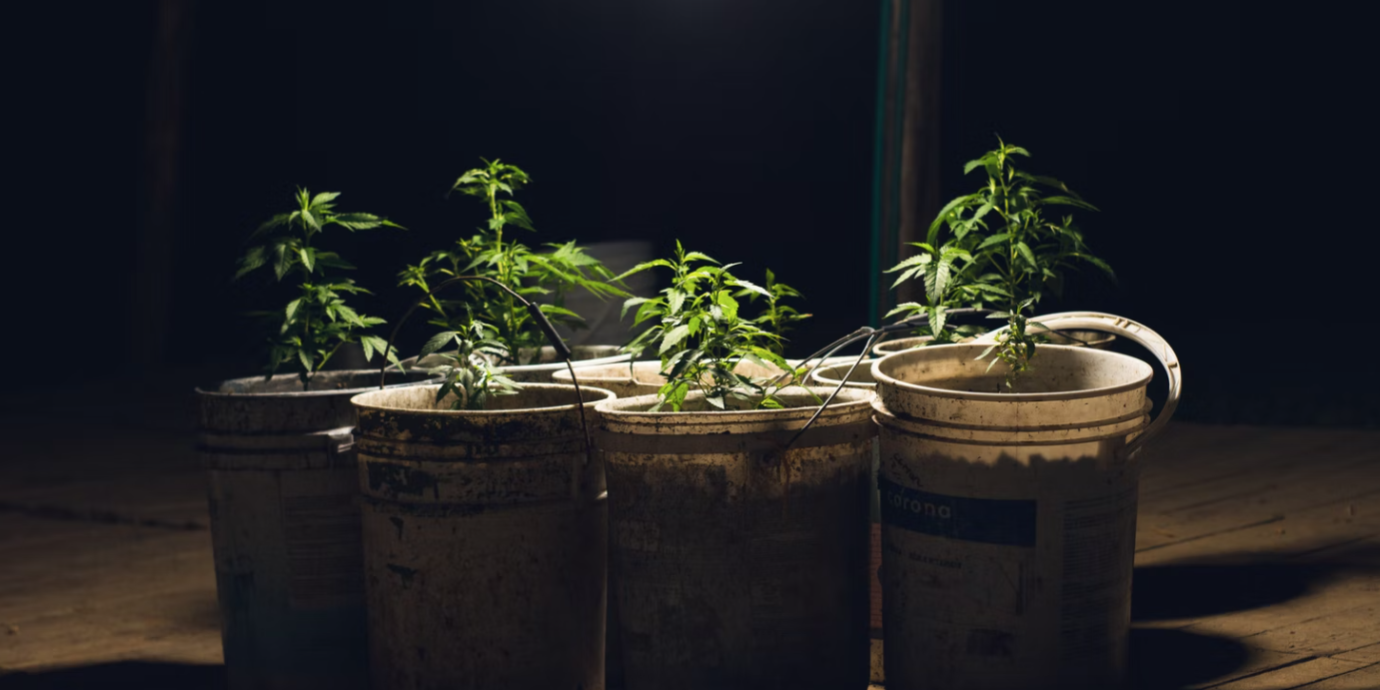Malta’s new cannabis rules should serve as a model for other European states of how to end the unnecessary prosecution of low-level drug users and strike a blow against organised crime.
Bonnici, a former justice minister and now minister for equality, research and innovation, told Euronews that the new law, passed by the Maltese parliament in December 2021, prevented recreational users from being dragged through the courts or tribunal process for possession of small amounts of cannabis.
But it also allows for users and, eventually, non-profit organisations to grow cannabis plants and distribute it to other smokers via cannabis associations, meaning they no longer have to source the drug via the black market and put money into the pockets of international criminal gangs.
Malta’s law allows users to carry seven grams of the drug and store up to 50 grams at home, making it the first EU state to legalise cannabis.
German Chancellor Olof Scholz is in favour of legalisation but the country’s new government has not set a time limit on the reforms.
Although the Netherlands is world-famous for the availability of cannabis, it remains illegal for individuals to sell or possess it and the “coffee shops” that are licensed to sell it have to buy their product in bulk on the black market, incentivising criminals that grow and traffic it.
A number of European states, including Italy, Spain, Belgium and Ireland, have done away with prison sentences for marijuana possession, but in 14 of 28 European states — including the United Kingdom, France, Germany, Austria — minor cannabis possession can still lead to jail time.
Even in European states where cannabis has been “decriminalised”, meaning that those caught with small amounts of the product are not be arrested, users still need to buy the drug from dealers.
“It is useless to say you can have five grams but then at the same time do not provide a safe and regularised route from where to obtain cannabis,” Bonnici said. “You can’t do one and not the other. You have to do them both or do nothing. Doing nothing wasn’t an option.”
Bonnici, who suffered from asthma as a child, has never smoked cannabis but prior to being elected to government was a lawyer and, as such, saw first-hand how low-level cannabis users are dragged through the courts. Once he became an MP, he was regularly confronted by people that had lost their jobs or livelihoods after being convicted for possession of marijuana or for cultivating a personal amount of the drug at home.
Blunt truth
“We were hearing and meeting people and telling us stories after story and experience after experience. I’m being honest: I would be looking at them and completely at a loss about what to tell them. I heard stories of people who literally passed through hardship because of, I don’t know, four grams of cannabis,” he said.
“You realise that if you want to make a difference to people’s lives, you have to take bold decisions.”
Malta’s cannabis law has been criticised by church groups and NGOs and was opposed by the opposition Nationalist Party (PN) but on February 6 Bernard Grech, PN leader, said that if elected in Malta’s upcoming election he would not seek to repeal it. One recent poll suggested that only one in five Maltese voters supported legalisation.
But like other recent reforms pushed through by Malta’s Labour government, including on civil partnerships and on gay couples adopting, Bonnici does not believe that opposition or unpopularity should deter the government from doing what is right.
“I know very respected gentlemen and women who made a fantastic career out of their lives and they use cannabis recreationally. I believe that through this reform we are giving dignity to a lot of people who are looked upon as if they are criminals when they are not criminals,” he said.
Source: Euronews
Image: Unsplashed







